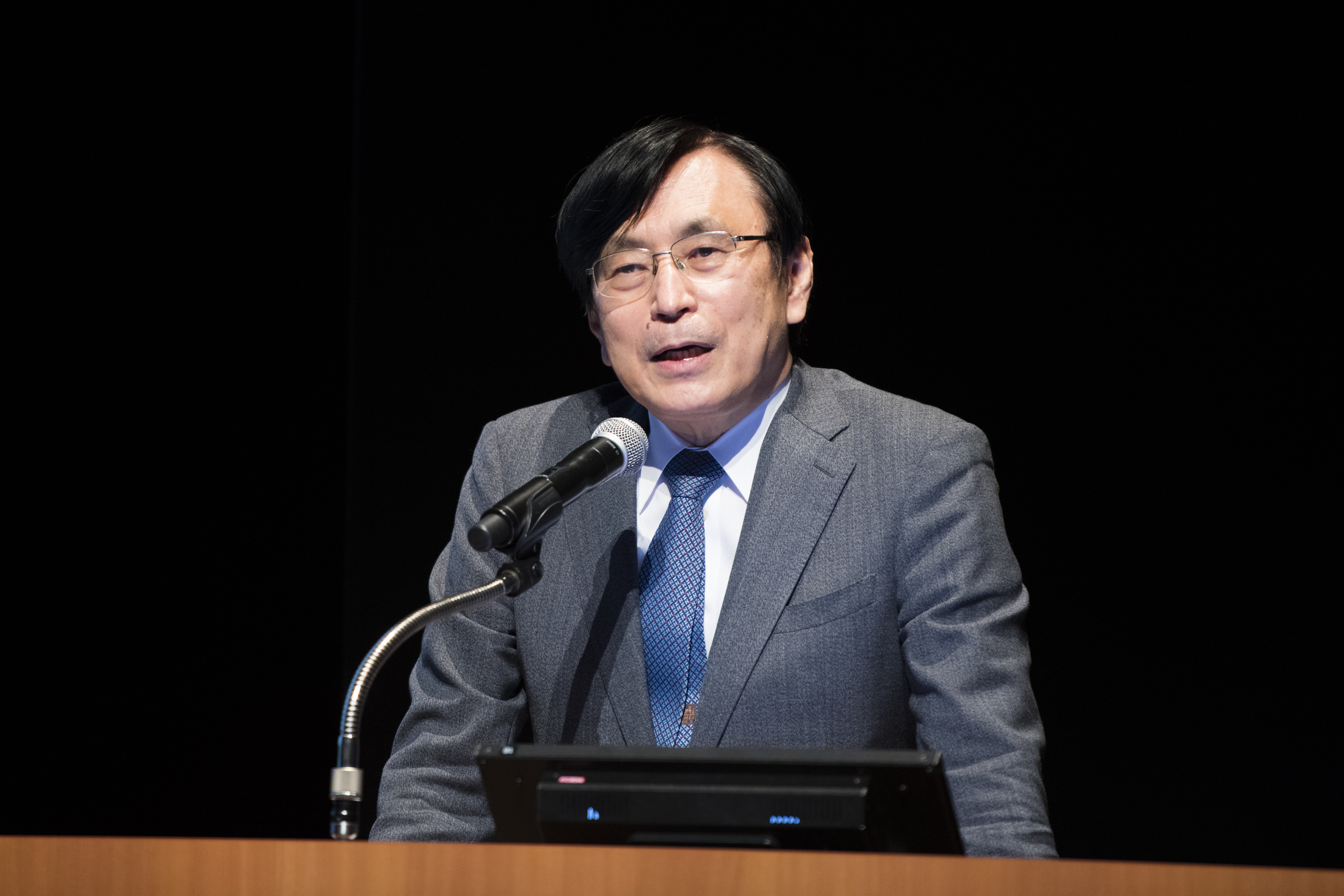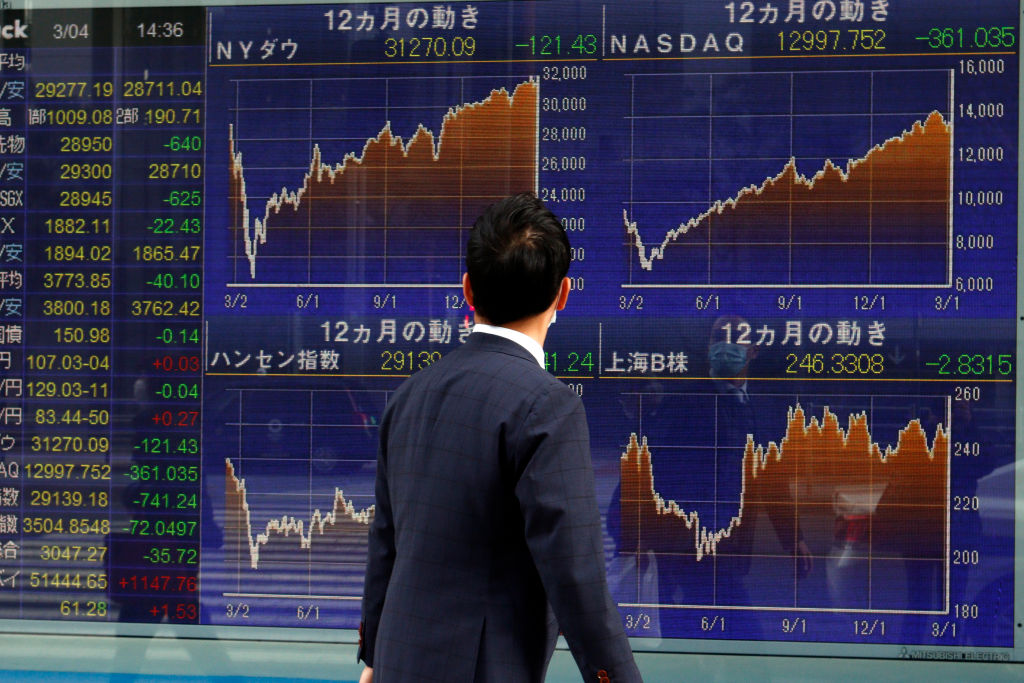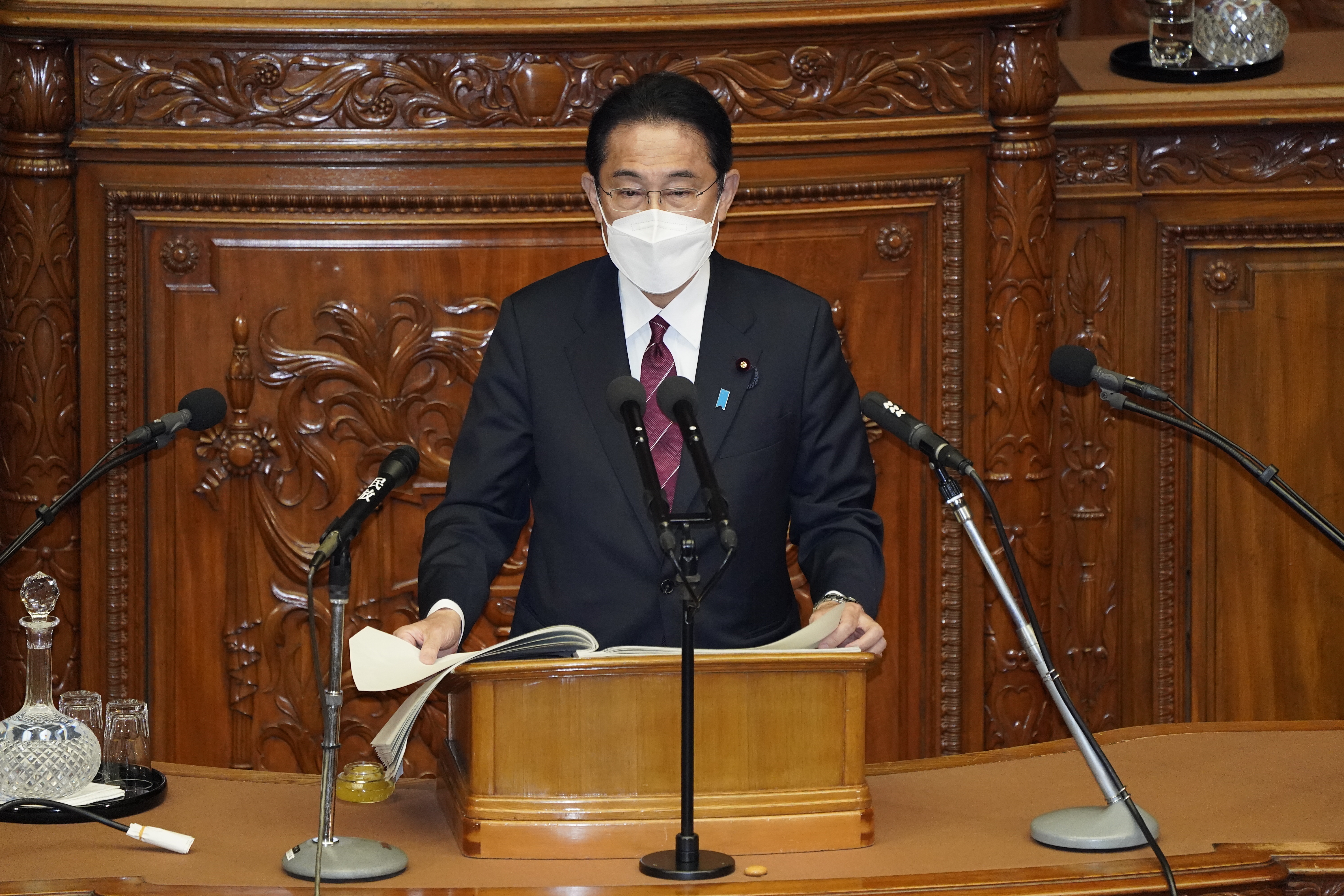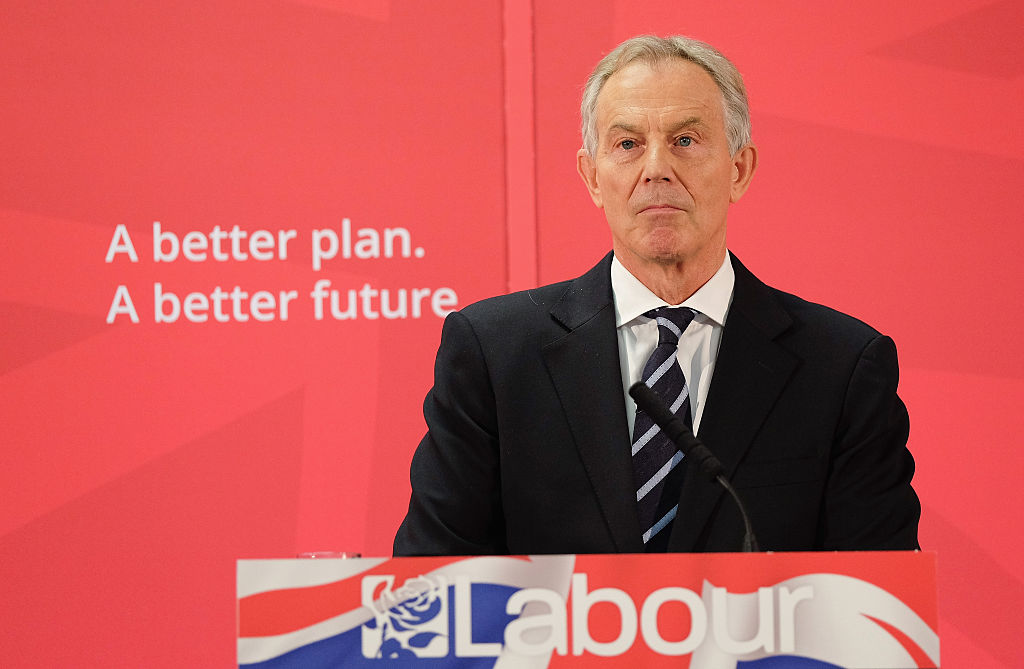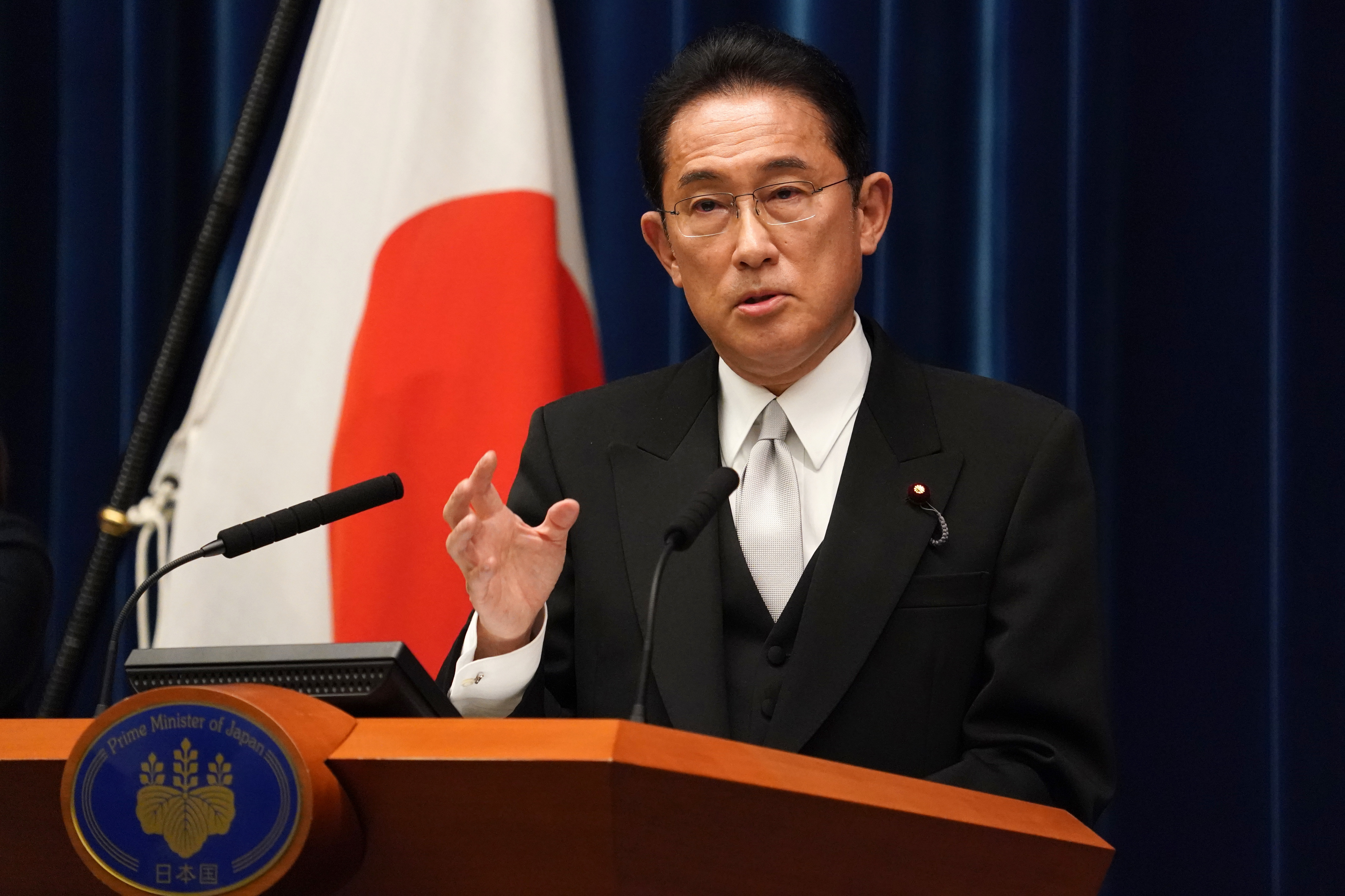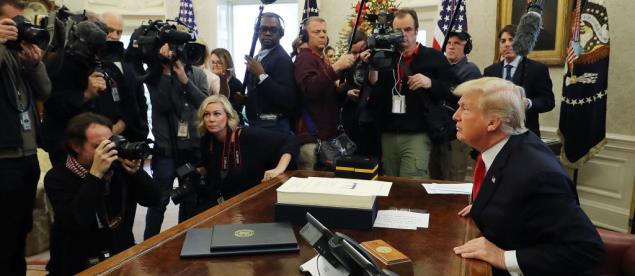
The following is adapted from a presentation by Shigeki Morinobu at the Ninth IMF-Japan High-Level Conference for Asian Countries, held in Tokyo on April 10 and 11, 2018. The conference, co-organized by the International Monetary Fund and the Japanese Ministry of Finance, was attended by government tax officials from 18 countries and jurisdictions, along with private-sector tax experts and representatives of the Asian Development Bank and the Organization for Economic Cooperation and Development.
* * *
Trump’s Corporate Tax Reform
On the positive side, US President Donald Trump’s recent tax reform lowers the corporate tax rate from 35% to 20%. This, combined with the shift of current worldwide taxation to territorial taxation, could prompt US multinationals to alter their practice of retaining their profit in low-tax countries and tax havens.
The shift to territorial taxation is expected to trigger a big redemption of foreign reserve funds, estimated to be around $1.7 trillion. The real issues, therefore, are how these funds will be used and whether the redemption will revitalize the US economy. If they are used simply to buy back shares or to advance mergers and acquisitions, the tax reform will have little impact on the real economy.
It might, on the other hand, accelerate further tax competition with other countries. Already, France has moved to further lower its corporate tax rate.
The destination-based cash-flow tax (DBCFT) was bypassed in the tax plan. To ensure efficiency, such a tax must be implemented simultaneously on a worldwide basis.
Income Tax Reform
The distributional problem in the United States is extraordinarily huge, leading to major wealth inequalities. The Trump tax reform, combined with expanded uses of artificial intelligence and other new technologies, might exacerbate such inequalities, bringing benefits primarily to the wealthy class.
Cuts in the inheritance tax will also lead to wider asset gaps. Little consideration has been given, on the other hand, to the middle class, which forms the core of healthy public opinion.
In this light, Trump’s reform of income taxes, seen from the Japanese perspective, is rather problematic.
Impact on the Macro Economy
Revenue estimates by means of dynamic scoring is reminiscent of Ronald Reagan’s first-term tax reform.
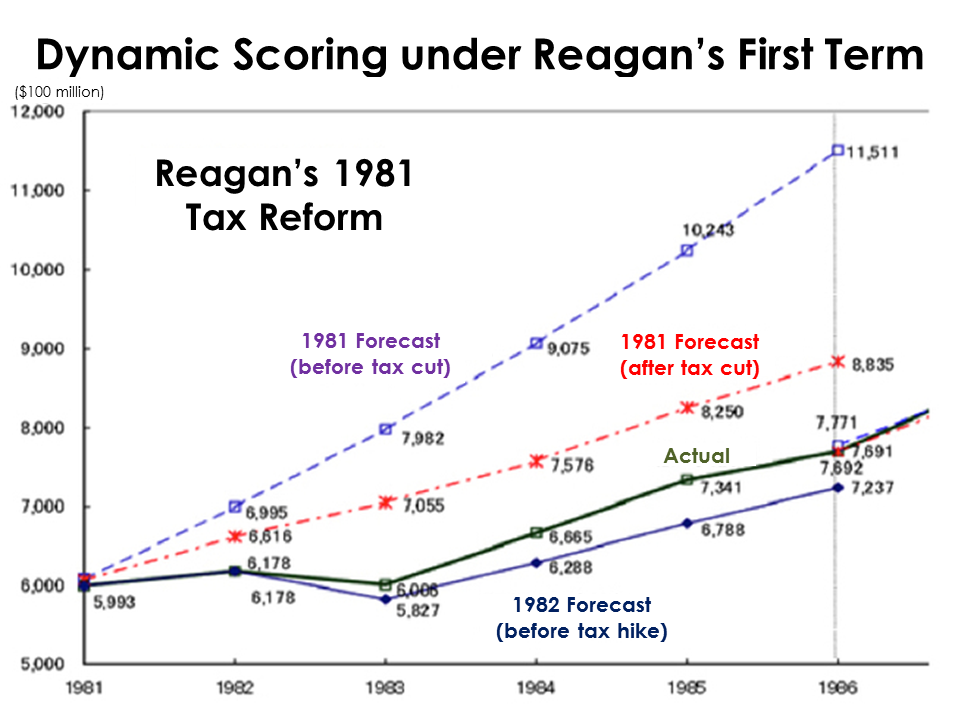
Trump’s reform should have an economic expansionary effect. Combined with aggressive infrastructure investment, therefore, it could cause the economy to overheat, leading to inflation and further interest rate hikes.
It will also produce a bigger fiscal deficit, leading to higher US interest rates. This will have a negative impact on the Asian and global economy.
Overall, Trump’s tax reform plan has many issues. We in Japan need to remain vigilant about its impact on the US and global economy.







